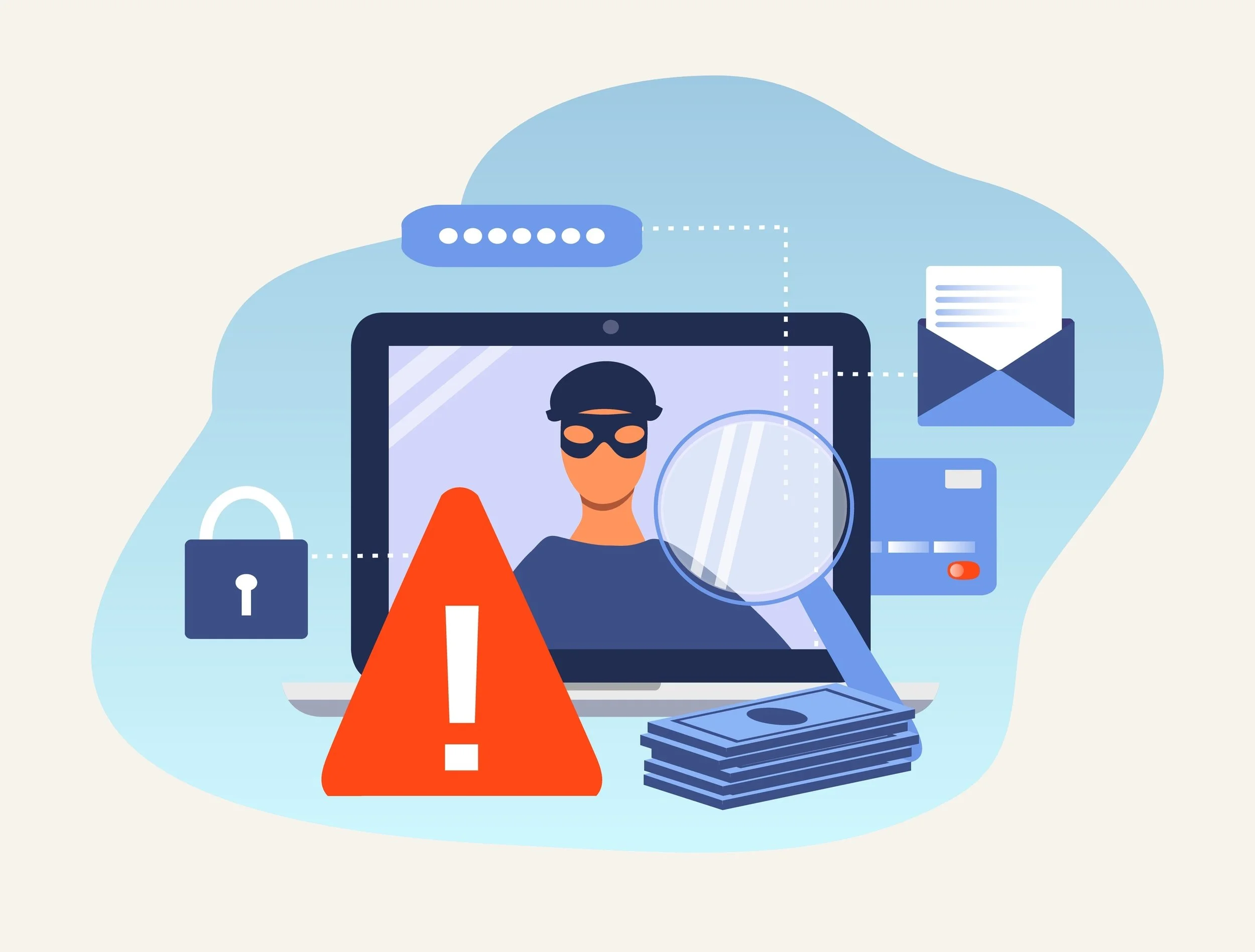Fraudulent Charge on Debit Card
If your bank statement shows unrecognized charges or if you’ve received alerts about transactions you did not authorize, it may indicate that your debit card or checking account has been compromised. You may need to file a fraud claim and seek legal assistance to recover the lost funds and protect against further misuse.
Fraud on Checking and Debit Accounts: How It Happens
Fraud on checking and debit accounts is a growing issue and can be especially damaging because it often goes unnoticed until it’s too late. Unlike credit card fraud, where there are stronger consumer protections, debit account fraud requires quick action. Once the fraud is detected, the funds may already be gone, making recovery more difficult.
There are several ways fraudsters target checking and debit accounts. One common method is when someone steals your debit card or uses a skimming device at ATMs or payment terminals to capture your card information. Once they have your card details, they can use them to withdraw funds or make purchases without your permission. In some cases, the fraudster may even use your stolen card information for online transactions, which are often harder to trace.
Another common method is phishing, where fraudsters trick you into revealing your bank account login credentials. They might send you fake emails, texts, or calls that appear to come from your bank, asking you to click on a link or enter your account details. Once they have access to your login information, they can drain your account.
Mobile banking apps and payment platforms, such as Zelle or Cash App, are also vulnerable to fraud. Fraudsters can gain access to these apps and transfer money out of your account before you notice.
If suspicious activity is detected, the bank may freeze your account to prevent further fraud. However, this can create additional stress, especially if you rely on the account for day-to-day expenses like rent or payroll.
To protect yourself, regularly monitor your account activity, report any unauthorized transactions immediately, and always be cautious about sharing your banking details online.
Fraud on Checking and Debit Accounts: How We Can Help
When fraud occurs on your checking or debit account, it’s critical to act quickly. While financial institutions typically have processes in place to address unauthorized transactions, they often don’t act fast enough or thoroughly enough to recover your funds. This is where we can help.
If you notice unfamiliar transactions or unauthorized withdrawals from your checking or debit account, it’s important to report them immediately to your bank. However, many banks may take time to investigate or even deny your claim, putting your financial security at risk. In such situations, working with an experienced attorney can make a world of difference.
We specialize in handling disputes involving fraudulent checking and debit transactions. Our team will guide you through the process of disputing unauthorized transactions, ensuring your rights under the Electronic Fund Transfer Act (EFTA) are fully protected. This law provides protections for consumers, including limits on liability for unauthorized transactions if reported within the required timeframes.
If your bank is slow to investigate or refuses to reimburse you for the fraudulent charges, we can help escalate the situation. We’ll take action by filing a formal complaint, negotiating with your bank, and, if necessary, pursuing legal action to recover your stolen funds.
In some cases, victims of fraud are entitled to compensation for stress, financial losses, or missed payments caused by unauthorized transactions. If you’ve been affected by fraud on your checking or debit account, we’re here to help you seek the justice and financial recovery you deserve.
Contact us today for a free consultation, and let us take the burden off your shoulders so you can focus on moving forward. Together, we’ll work to resolve the issue and restore your financial peace of mind.







